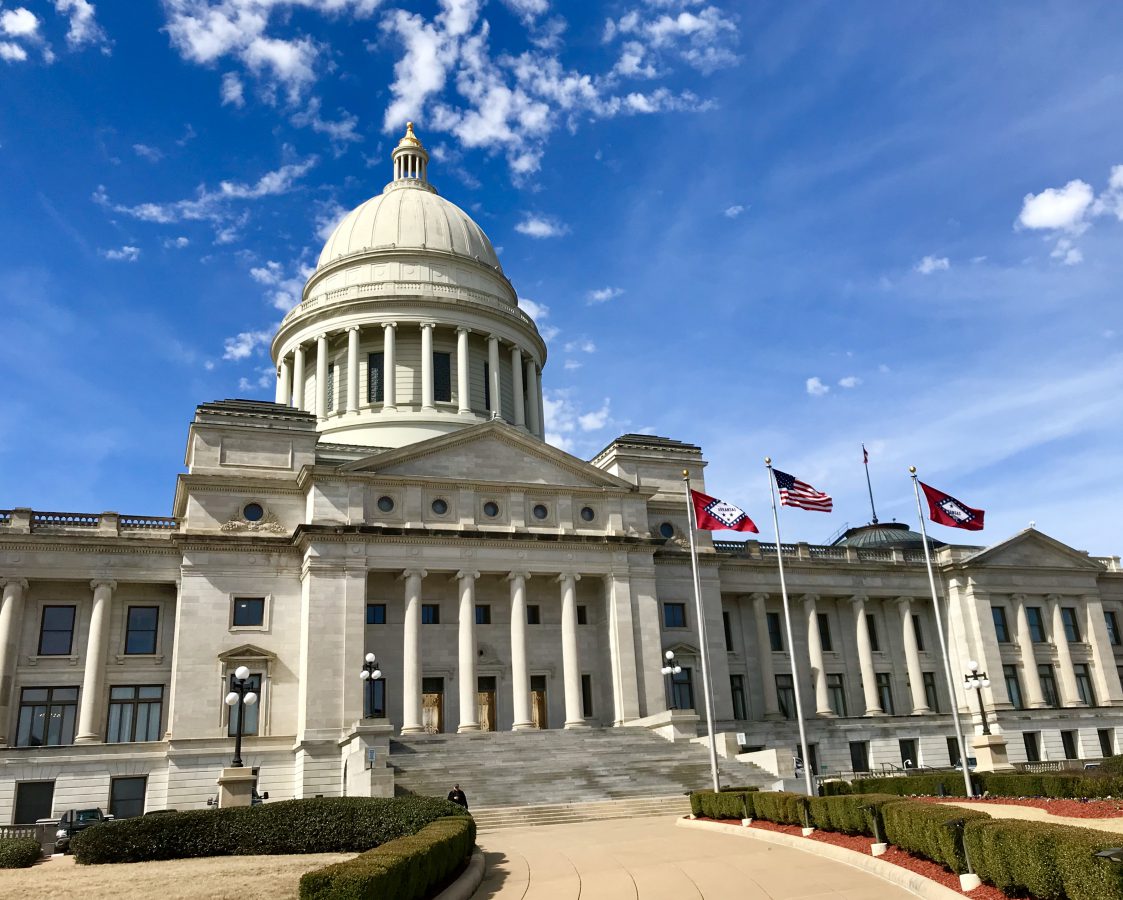
As Arkansas and other states continue battling physician shortages compounded by the ongoing opioid crisis, two bills are being considered by Congress to increase graduate medical education (GME) residency slots for primary care physicians and addiction medicine specialists. Federal funding for GME residency slots through Medicare has been capped since enactment of the Balanced Budget Act of 1997. A medical school graduate must complete a GME residency program to become a practicing physician.
The first of these bills is the Resident Physician Shortage Reduction Act of 2019 (S. 348), sponsored by Sen. Bob Menendez of New Jersey. Introduced in February 2019, the bill is co-sponsored by Arkansas Sen. John Boozman and 12 other senators. Key provisions include:
- Increasing the number of Medicare-funded residency positions by an additional 3,000 positions per year for five years (from 2021‒2025).
- 1,500 of those positions must be in residency programs for specialties with shortages.
- Prioritizing hospitals that train residents in primary care and general surgery.
- Encouraging partnerships with Veterans Affairs medical centers and practices in rural, community-based settings.
On Monday, August 12, Sen. Boozman spoke about the bill at a UAMS-hosted Graduate Medical Education Summit in Springdale, highlighting the workforce shortage as a nonpartisan issue that must be addressed to ensure patient access to the healthcare system. The bill has been referred to the Senate Finance Committee. An identical bill was introduced in the U.S House of Representatives (H.R. 1763) in March 2019 and has been referred to committee for consideration.
A second bill, the Opioid Workforce Act of 2019 (H.R. 2439), is more tailored to address health professional workforce needs related to the opioid crisis. Arkansas has the second-highest opioid prescribing among all states. Sponsored by Illinois Rep. Brad Schneider, the bill was introduced in May 2019 and voted out of the House Ways and Means Committee in June. Key provisions include:
- Increasing the number of Medicare-funded residency positions by 1,000 over a five-year period (from 2021‒2025).
- In 2021, half of the new residency slots will be available to teaching hospitals with established programs in addiction medicine, addiction psychiatry, or pain management.
- Between 2022 and 2025, half of the new residency slots will be available to teaching hospitals that have demonstrated they are establishing a program in at least one of the prioritized areas stated above.
Additional medical school graduates from UAMS and the two new osteopathic medical schools will increase the pool of graduates competing for Arkansas’s residency spots. However, increasing the number of medical school graduates in Arkansas without increasing the number of residencies in the state will inevitably drive the state’s medical school graduates out of state for their residency training, unless state and federal officials and the medical community seize opportunities to expand GME residency opportunities.






